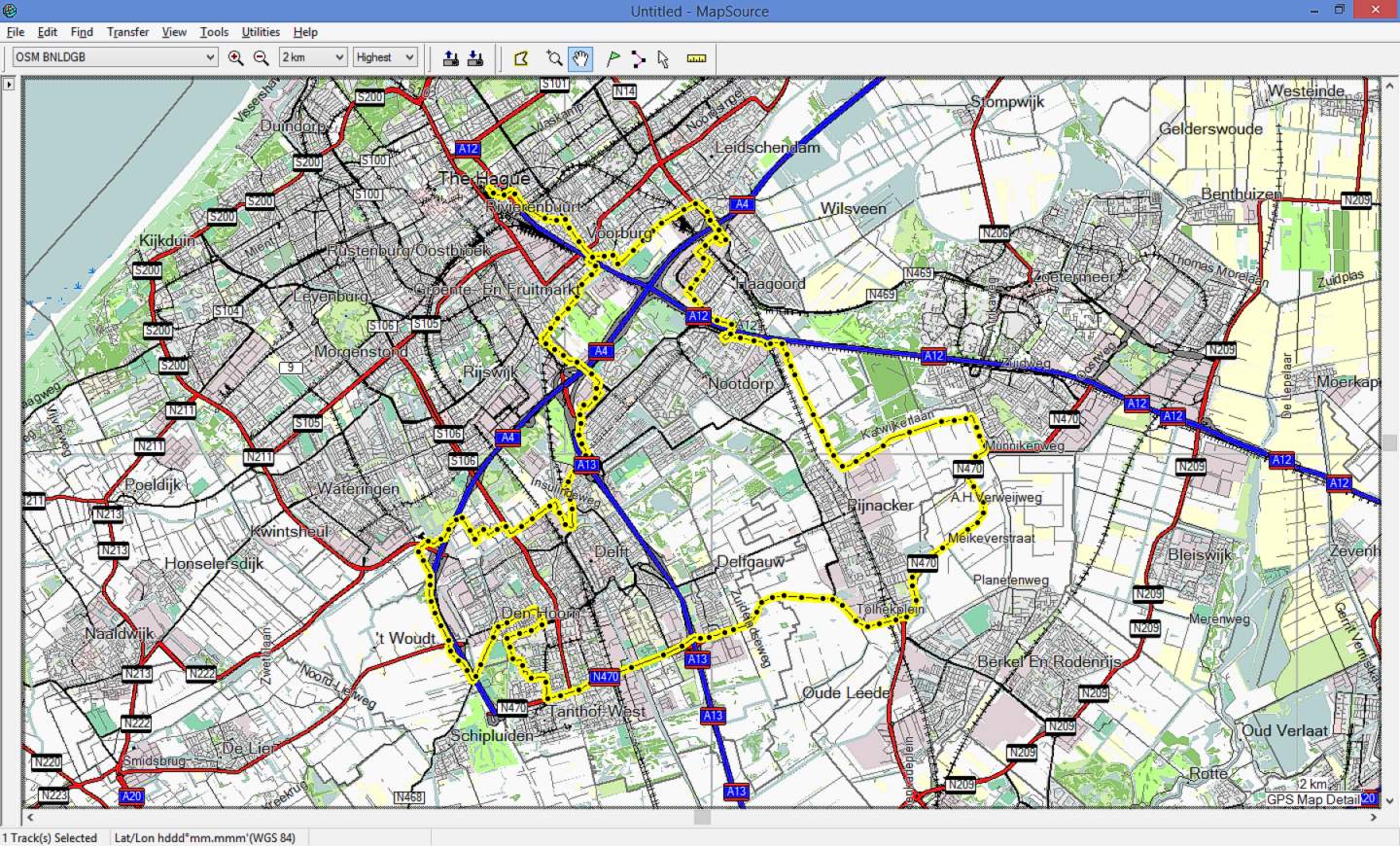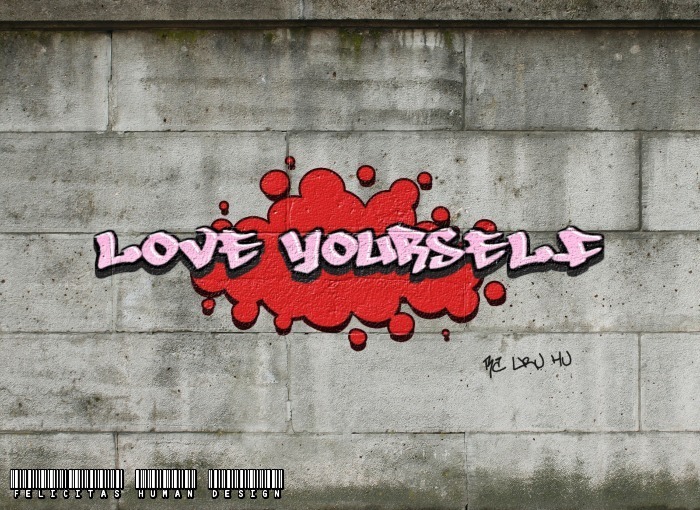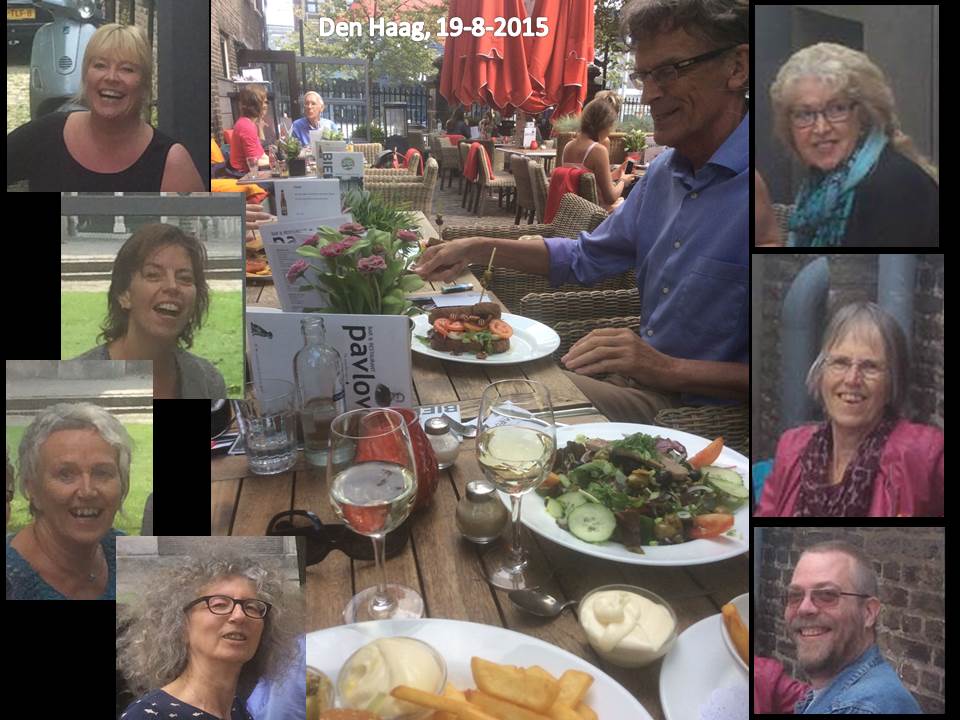The Fundamental Presumption of our Culture
There is one fundamental presumption upon which our world culture is founded. This basic presumption states that experience is divided into two essential elements – a subject and an object – joined together by an act of knowing, feeling or perceiving.
This gives rise to the familiar formulations of experience such as, “I know such and such,” “I feel sad,” “I perceive the tree.” In this way experience is believed and felt to consist of a knower and a known, a feeler and a felt, a perceiver and a perceived. In each case a subject knows, feels or perceives an object.
The subject and object are two inseparable aspects of the same belief – the belief in separation or duality. Mystics tend to explore the subject and scientists and artists tend to explore the object or world. However, being inseparable aspects of the same belief, the investigation of either will suffice for an understanding of the true nature of experience.
Our Essential Nature of Being, Knowing and Happiness
Let us start with our self. What can we say for certain about ‘I,’ our self, the subject, the one that knows experience? The first thing is that I am obviously present – I am. If I were not present I wouldn’t be aware of these words. And the second self-evident fact about our self is that I am aware or knowing. If this were not true I would not be aware of thoughts, sensations or perceptions.
In other words, I am and the ‘I’ that I am, is aware that I am. This knowing of our own being – its knowing of itself – is the most familiar, intimate and obvious fact of experience and is shared by all.
This present and aware ‘I’ is sometimes referred to as ‘Awareness’, which means the ‘presence of that which is aware’. It is a word in which the two fundamental qualities of our self – being and knowing – are recognized as one.
What else can we know for certain from experience about our self? ‘I’ am aware of thoughts, sensations and perceptions but am not made out of a thought, sensation or perception. ‘I’ am made out of pure being and knowing.
As such ‘I’ could be likened to an open, empty space to which or in which the objects of the mind, body and world (thoughts, sensations and perceptions) appear. And just as empty space, relatively speaking, cannot resist or be agitated by the appearance or activity of any object within it, so the open, empty space of Awareness cannot resist or be disturbed by any appearance of the mind, body or world, irrespective of their particular quality or condition. This inherent absence of resistance is the experience of happiness; this imperturbability is peace. This happiness and peace are not dependent upon the condition of the mind, body or world and are present in and as the essential nature of Awareness under all conditions and in all circumstances.
Thus happiness and peace, as well as being and knowing, are essential to our true nature.
Read more









































